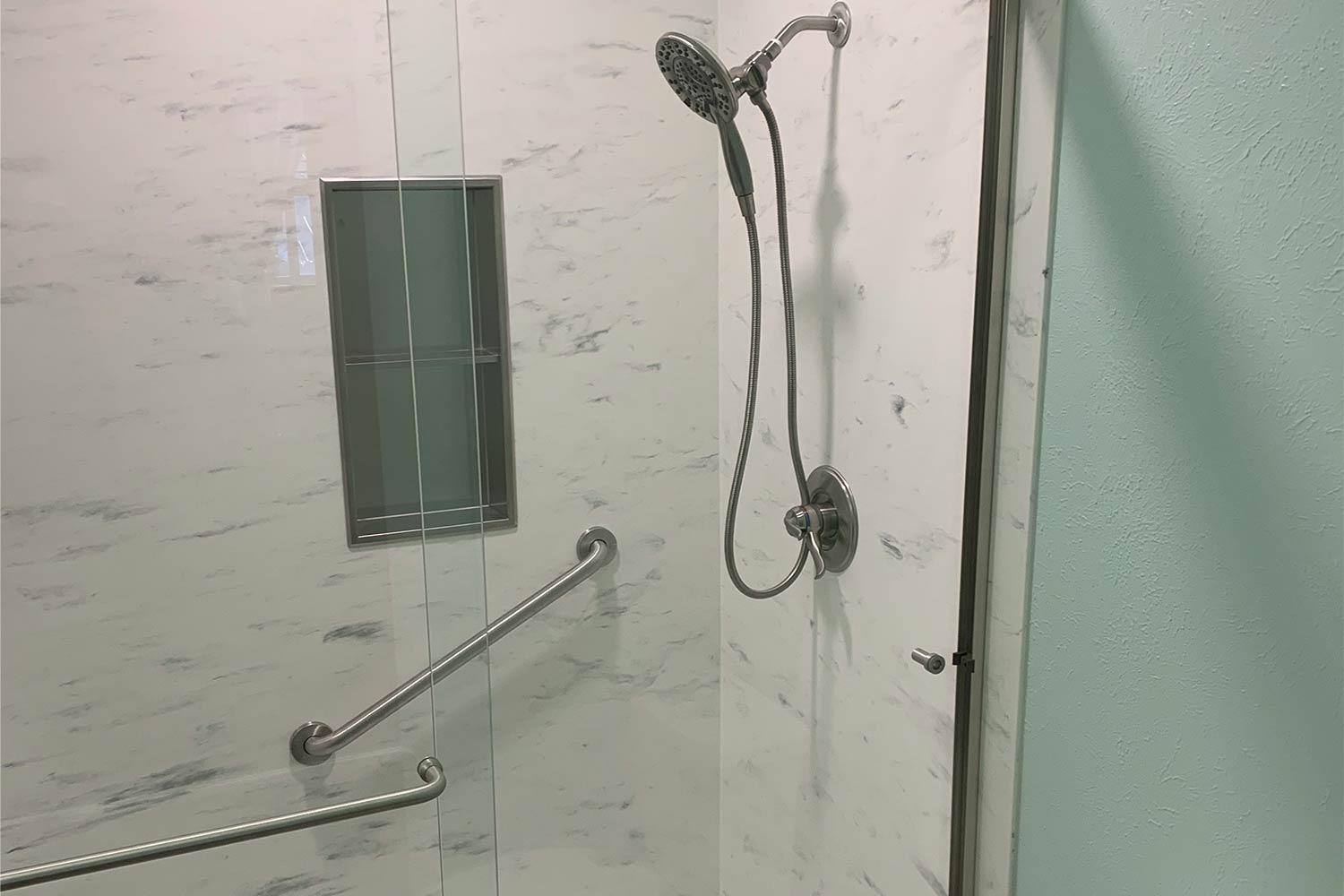Calgary is a city built on the promise of openness. Open skies. Open spaces. Open…

Revolutionizing Home Healthcare: The Future of Assistive Technology
The landscape of home healthcare is undergoing a profound transformation, driven by advancements in assistive technology that are revolutionizing how individuals receive care and support in the comfort of their own homes. From innovative devices to digital solutions, the future of assistive technology holds tremendous promise in improving accessibility, enhancing independence, and delivering personalized care. In this guide, we’ll explore the key trends and technologies shaping the future of home healthcare.
1. Remote Monitoring and Telehealth
One of the most significant advancements in home healthcare is the integration of remote monitoring and telehealth solutions. These technologies allow healthcare providers to remotely monitor vital signs, medication adherence, and health trends in real time, enabling proactive interventions and timely adjustments to care plans. Telehealth platforms also facilitate virtual consultations, follow-ups, and educational sessions, reducing the need for in-person visits and improving access to healthcare services for individuals with mobility limitations or rural residents.
2. Wearable Devices and Sensors
Wearable devices and sensors are playing a pivotal role in home healthcare by providing continuous monitoring and data collection. Smart wearables, such as activity trackers, blood glucose monitors, and fall detection devices, offer valuable insights into patients’ health metrics and activity levels. By analyzing this data, healthcare providers can identify trends, detect early warning signs, and tailor interventions to meet individual needs, promoting proactive and personalized care.
3. Assistive Robotics and Exoskeletons
Advancements in robotics and exoskeleton technology are transforming mobility assistance and rehabilitation in home settings. Assistive robots, such as robotic companions and robotic exoskeletons, help individuals with mobility impairments perform daily tasks, navigate their environment, and engage in physical therapy exercises. These technologies not only enhance independence and quality of life but also support recovery and rehabilitation following injuries or surgeries.
4. AI-driven Personalized Care Plans
Artificial intelligence (AI) and machine learning algorithms are powering personalized care plans that are tailored to each individual’s unique health needs and preferences. AI-driven platforms analyze vast amounts of patient data, including medical history, genetics, lifestyle factors, and environmental influences, to generate personalized recommendations for treatment, medication management, and lifestyle modifications. This approach ensures that home healthcare interventions are highly targeted, effective, and patient-centered.
5. Smart Home Automation and Accessibility
Smart home automation technologies are making homes more accessible and supportive for individuals with disabilities or age-related challenges. Voice-activated assistants, smart home hubs, and connected devices enable users to control lighting, temperature, security systems, and appliances with ease, enhancing convenience and independence. Accessibility features, such as smart ramps, automated door openers, and adaptive furniture, further promote mobility and safety within the home environment.
6. Virtual Reality for Pain Management and Therapy
Virtual reality (VR) technology is being leveraged in home healthcare for pain management, therapeutic interventions, and mental health support. VR-based experiences, such as immersive relaxation programs, distraction therapy, and virtual rehabilitation exercises, offer non-pharmacological alternatives for pain relief, stress reduction, and cognitive stimulation. These applications of VR enhance patient comfort, engagement, and outcomes in home-based care settings.
7. Blockchain for Secure Health Data Management
Blockchain technology is emerging as a secure and transparent solution for health data management, privacy protection, and interoperability in home healthcare. Blockchain-based platforms enable secure sharing and storage of electronic health records (EHRs), facilitate secure communication between healthcare providers and patients, and ensure data integrity and authenticity. By leveraging blockchain, home healthcare providers can streamline data exchange, enhance data security, and improve continuity of care.
Conclusion
The future of assistive technology in home healthcare is characterized by innovation, personalization, and empowerment. From remote monitoring and wearable devices to AI-driven care plans and smart home automation, these technologies are revolutionizing how healthcare is delivered and experienced in the home setting. By embracing these advancements, home healthcare providers can enhance accessibility, improve outcomes, and empower individuals to live healthier, more independent lives at home.



